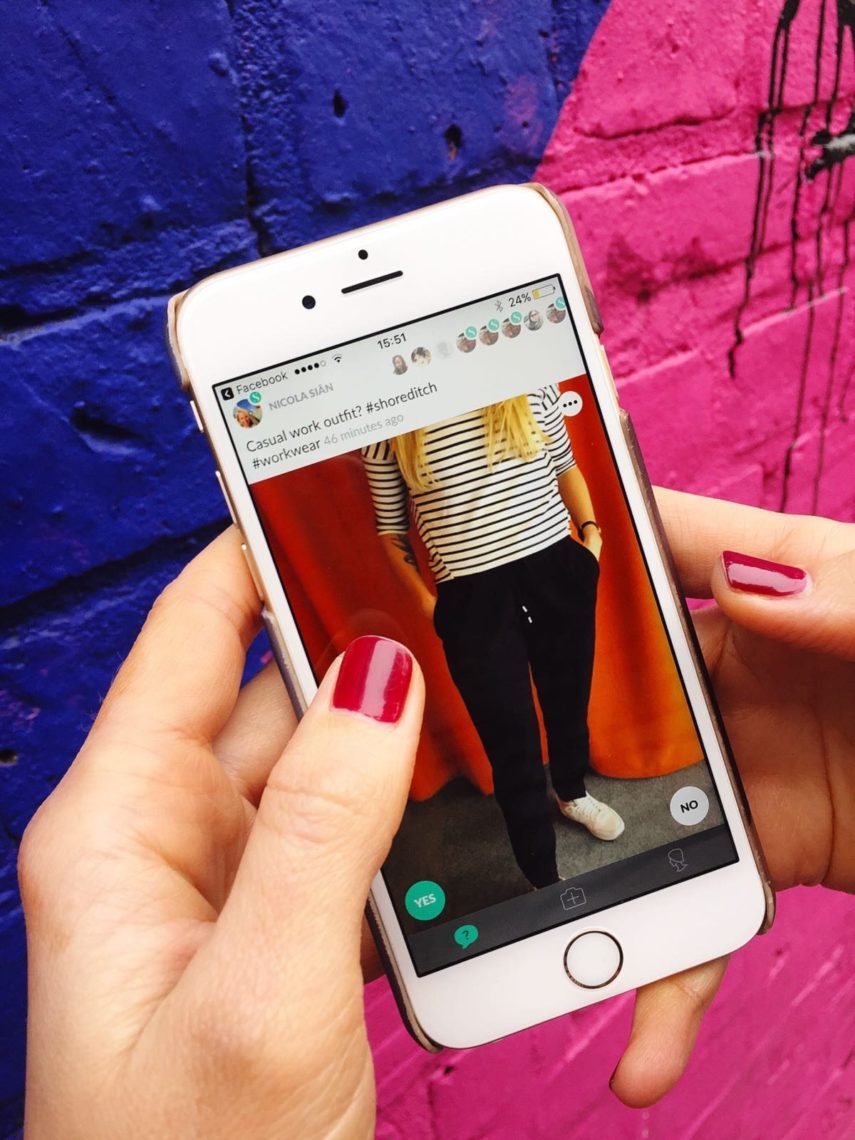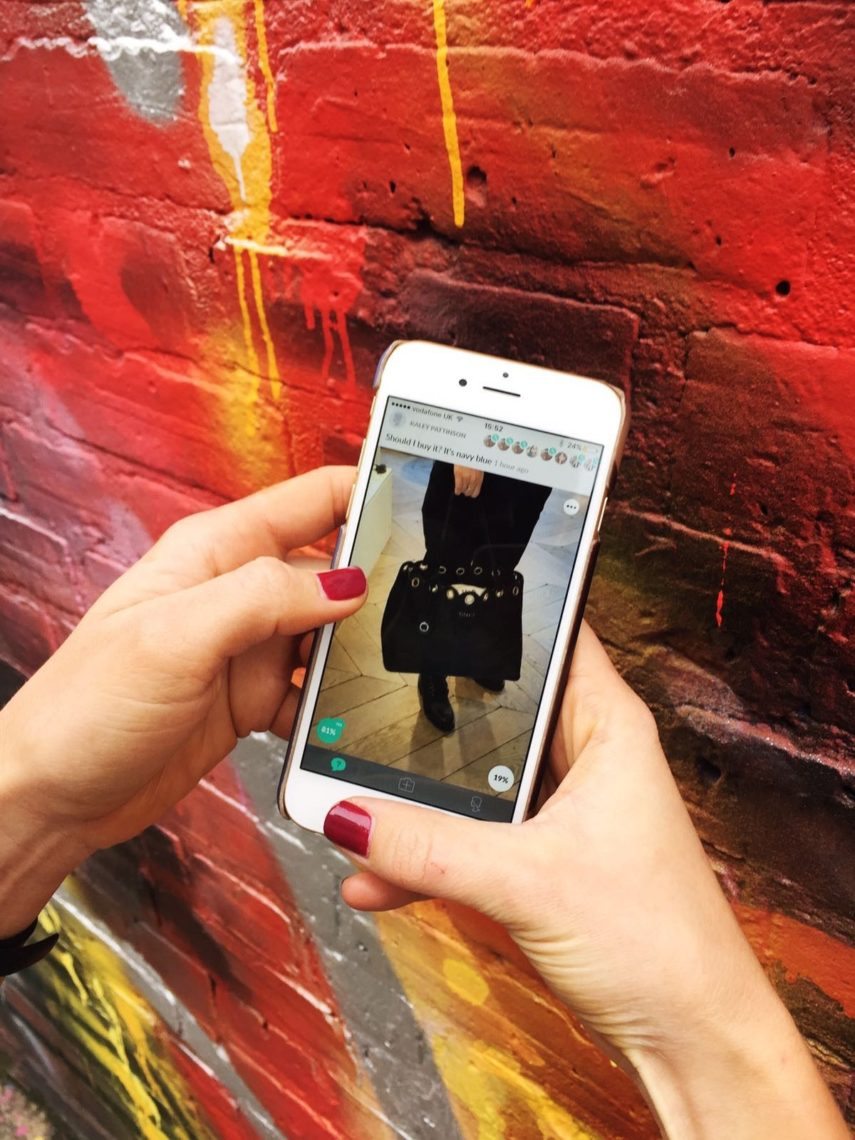In this latest guest blog, Sophia Matveeva CEO & Co-Founder of Style Counsel, gives her argument to why the ever expanding fashion tech industry deserves more attention & credibility, up there with the “established” tech industries, namely fintech.
Are you wearing any clothes right now? I assume for the majority of those reading this, the answer is yes. For those who are not, they are going to put them on in the next 24 hours. How long have you been wearing clothes? I assume since you were born: that’s a lot of garments over a lot of years.
Do you have a bank account? How about insurance? Credit cards? I assume the answers to those are also yes. But, how long have you had them for? I assume that you did not demand that your mother get you travel insurance where you were two.

From this, we can conclude that more people wear clothes than have financial products. It is therefore counterintuitive that fintech is getting so much interest and fashion tech is viewed as a little niche industry.
Fashion tech can be very broadly defined as technologies that are used to make and sell apparel, from new textiles and wearable tech, to commerce through social media and retail tracking beacons. Just like fintech, fashion tech goes from the depths of the B2B process to mass market consumer products.
For this article, I wanted to contrast data on the fashion tech and fintech markets, however this has proven impossible. While there is a large volume of data on fintech, fashion tech is still virgin territory. There is one figure that should impress you though: the global apparel market is valued at 3 trillion dollars and accounts for 2 percent of the world’s Gross Domestic Product. This figure does not take into account all the supporting industries, such as retail marketing and malls.

If we don’t have hard financial data, let’s delve into psychology. According to a Today / AOL Survey, US adult women worry more regularly about their appearance (67 percent at least once a week or more) than they do about finances (62 percent), health (49 percent), family/relationships (46 percent) or professional success (40 percent).
However, the fashion tech industry is not attracting nearly the same amount of capital as fintech, even though notable VCs like Balderton Capital, Index Ventures and Playfair do make fashion tech bets. The problem is most acutely felt at the early stage: according to Angel List, there are 1,246 fintech investors but just 599 fashion tech investors. This can be explained by who has enough disposable capital to invest in start-up: a banker’s bonus is much more likely to go to their former colleague’s fintech idea than into a fashion tech start-up.
Fashion tech is definitely the underdog, but underdogs have more opportunity. According to the same Angel List data, fashion tech’s early valuations are $4.1m on average, while being $3.8m for fintech.
The greatest opportunity in fashion tech lies in social commerce, because it marries two huge consumer trends into one: social media and online shopping. According to CEB Iconoculture, a consumer insight company, 29% of US millennials are already using social media to help them shop for clothes in store and the trend is on the rise. At Style Counsel, we are seeing live data every day which proves that people love getting the approval of others before making a purchase. I suspect that what is a nice-to-have today will be a necessity tomorrow and soon we will not buy clothes without social approval.
I am not arguing that finance is not uniquely and systematically important, and that it is not ripe for disruption. However, the over-emphasis on finance and under-emphasis on retail in the UK start-up scene means more competition in the latter and more opportunity in the former. That’s why I prefer being the underdog.
Sophia Matveeva is the CEO & Co-Founder of Style Counsel, an app where you can get feedback on your outfits from a community and fashion bloggers. The advice provided through the app drives real time buying and outfit decisions that can lead to discovery of new looks and products. Style Counsel’s tech analog is Houzz, which connects retailers, users and experts, and is valued at $2.3bn. Style Counsel was launched at Chicago Booth and coached in the Global New Venture Challenge, the accelerator which gave rise to Grubhub and Braintree.


